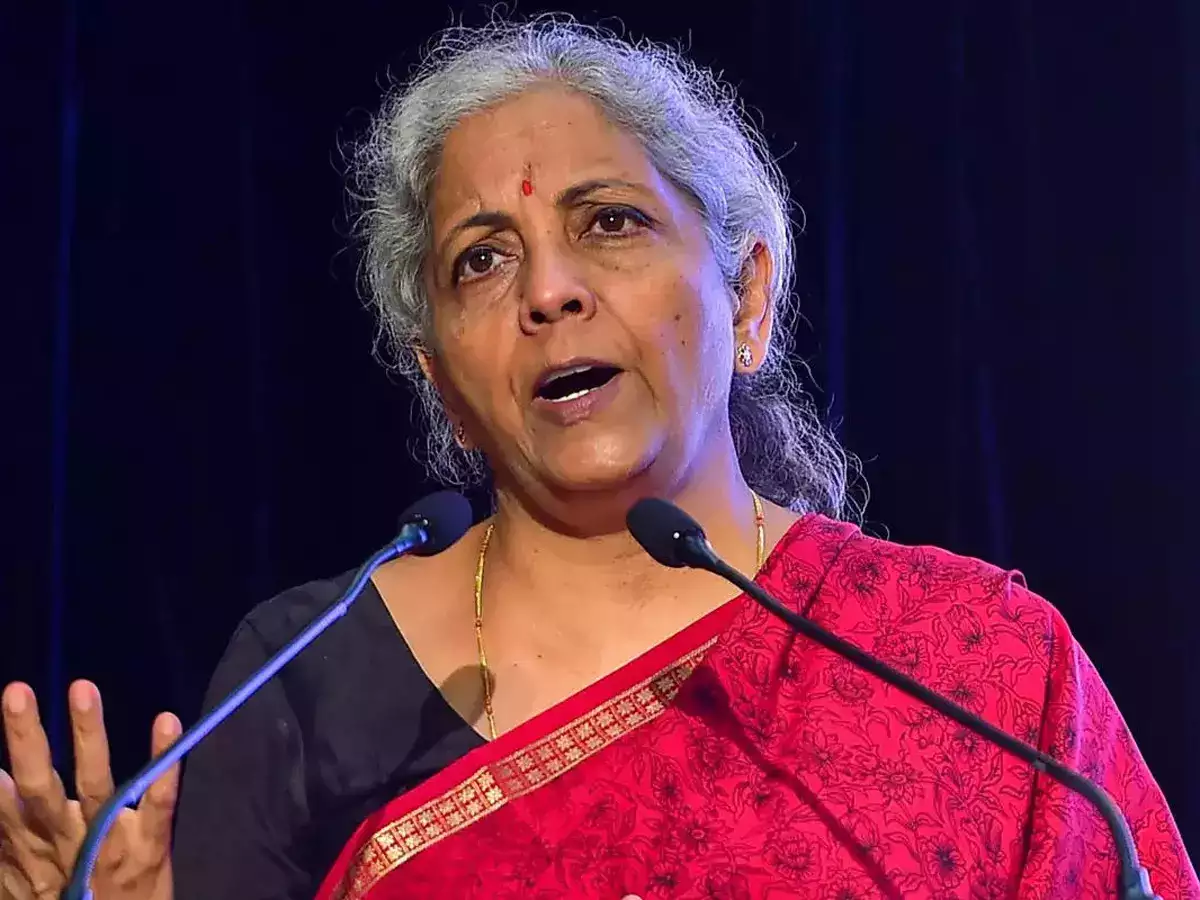Finance Minister Nirmala Sitharaman has signalled a potential relaxation of certain import duties to accommodate the needs of domestic industries reliant on imported inputs, while also ensuring the protection of domestic manufacturers.
Speaking at a recent industry event, Sitharaman acknowledged the delicate balance between encouraging domestic production and facilitating imports. She emphasised that tariffs were not imposed to restrict imports but rather to support domestic industries. Do we have the moral authority to stifle the growth of Indian industries that have the capacity to produce domestically?
The Finance Minister’s comments come amid global concerns over potential trade tensions, particularly in light of the policies proposed by the US administration. India has been identified as a major trading partner with significant import duties, raising concerns about potential retaliatory measures that could impact Indian exports, including those from the textile, automobile, and pharmaceutical sectors.
To address these concerns, Sitharaman indicated that the government is prepared to adjust import duties on intermediate goods, provided that such measures do not undermine the competitiveness of domestic industries.
The government’s commitment to a balanced approach to trade policy is evident in recent policy decisions. In the 2024-25 Union Budget, the government reduced basic customs duties on mobile phones, chargers, and mobile printed circuit board assemblies, recognising the maturity of the domestic mobile phone industry. This move aimed to benefit consumers while maintaining a conducive environment for domestic manufacturing.
While India welcomes foreign direct investment (FDI), the government remains vigilant about the source and intent of such investments. Sitharaman stressed the importance of transparency in FDI flows to ensure that they align with India’s economic and strategic objectives.
As India navigates the complex global trade landscape, the government’s approach to balancing domestic interests with international trade commitments will be crucial in shaping the country’s economic future.

